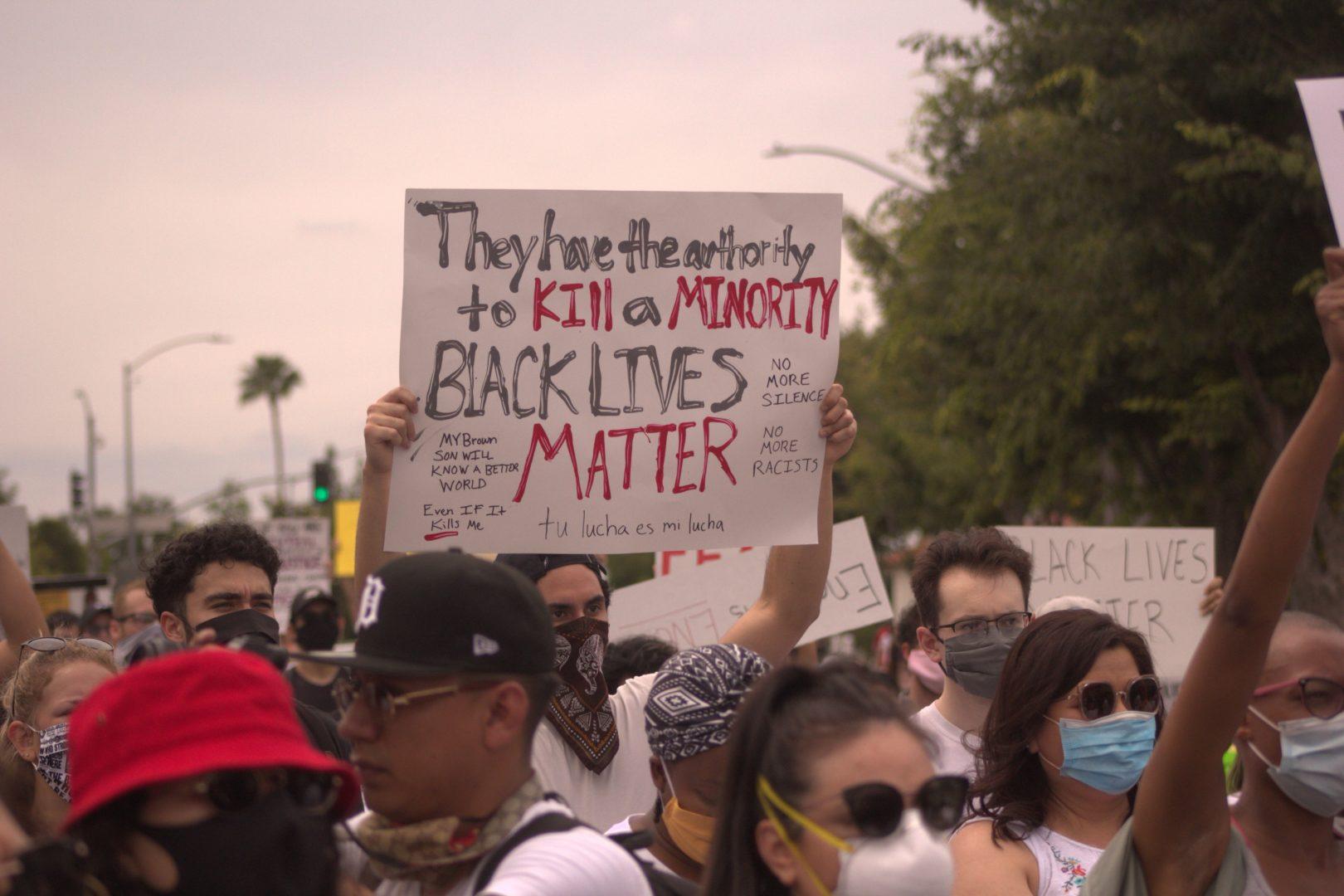Written by former editor-in-chief of The Collegian
Black Lives Matter.
If you cannot accept this fact without qualifiers or added commentary, then you have lost sight of or have misunderstood the message.
With the current events that have taken place recently, a growing wave of support for this movement has surfaced both in person and on social media. The latter has become a platform for individuals, both private and public figures, to voice their solidarity to a worldwide audience.
However, as always with social media, the opportunity presents itself for further confrontation to arise. And an increasingly prevalent trend is for users on social media to call out others who post, particularly public figures, in support of the Black Lives Matter movement as doing so only as part of a trend.
We must not forget that public figures, especially, have an opportunity that is not afforded to many of us. They have followers in numbers we do not. They can use their platform for inspiration, education and change in a way that many of us do not have the capacity to convey.
Individuals such as actress Emma Watson and fashion designer Virgil Abloh are just two examples of public figures who have received criticism for their participation, or lack thereof, in the Black Lives Matter movement.
Watson, in keeping with the #blackouttuesday trend, posted a series of black squares to her Instagram account on June 2 in a show of solidarity for the movement. However, Watson’s editing of the squares to include a white border — part of her Instagram aesthetic — and her failure to attach information on how people could help drew a significant amount of internet backlash.
Abloh, who is the creative director of Louis Vuitton’s menswear collection, also took heat after posting about his $50 contribution to help bail out protestors.
Critics online accused the fashion designer of being stingy, donating only $50 when he could afford to do more.
Both Watson and Abloh have since apologized for their posts. Watson proceeded to post a statement that she would continue to post links to resources for people who wanted to help.
Abloh’s apology on Instagram on June 1 included clarification that his $50 donation was part of a social media chain of matching donations. He stated that he had actually donated $20,500 in total “bail funds and other causes related to this movement.” He added that he was on the fence about publicizing total dollar amounts because I didn’t want to look like I’m glorifying only higher amounts.”
In my youth, I was inspired by many musical artists, writers and human rights icons, whose messages laid the groundwork for me to begin my own journey of research, learning and, eventually, understanding.
For many of these role models of mine, social justice and human rights activism was what they dedicated their lives to. Groups such as NWA opened my eyes to injustices in the black community that I had been previously unaware of, while others, such as Rage Against the Machine, taught me that we, as a unified populace, have the means to fight back against oppressive regimes.
For some of the others, their foray into social justice may well have been nothing more than a quote or sentiment noted in passing, often lost in a larger body of unrelated work.
The extent to which any of these sources of inspiration committed their lives to fighting for equality meant little when it came to instilling within me a sense of right and wrong. Their words set me on my path.
In doing so, these public figures, authors, celebrities and musicians were all responsible for motivating one more person to endeavor in the pursuit of justice and equality.
Therefore, if a contemporary celebrity wishes to use their platform to speak out on what is wrong in our world, let us not measure their worth by their track record.
Let us not condition the value of their voice on the basis of whether or not we perceive them as truly for the cause or for their own appearance, lest we deafen the next generation, who may very well view these individuals as role models, to the spark of inspiration and future change.
We have a chance to enlighten the younger generation to not make the same mistakes we have, and our parents have, and their parents before them. We have a chance to do better.
This is the time for movement, for reform and for education.
I myself am a white male. I was born with a privilege that I have always had some vague sense of, but only once the term “white privilege” began to be used did I attach the idea to a term and become truly cognizant of it. It is a concept that I am familiar with but because of my race, may never fully be able to understand.
Like me, there are many others who possess this white privilege and have learned to use it positively to work toward eliminating it altogether and promoting true, unconditional equality.
With that being said, if you have the ability and the desire to utilize social media in advancing this cause, I would encourage you to take your activism a step forward and try to make a difference.
Sign petitions, donate money, vote when the time comes, or continue to peacefully assemble and make your voice known, whatever it is that you can do and believe will have a positive impact. Every little thing helps.
Activism is not a competition. It is not about who does more, who does enough and who deserves to do it at all.
We cannot lose sight of the true opposition by measuring our righteousness against one another.




